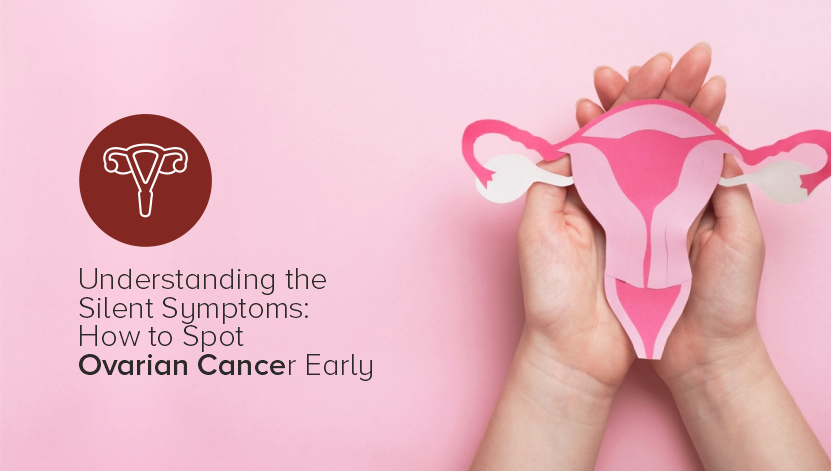In a world where health is often prioritized, understanding the subtle whispers of our body can be lifesaving. This is especially true for ovarian cancer, which often hides behind silent symptoms. By recognizing these early signs, anyone can take proactive steps towards better health outcomes.
